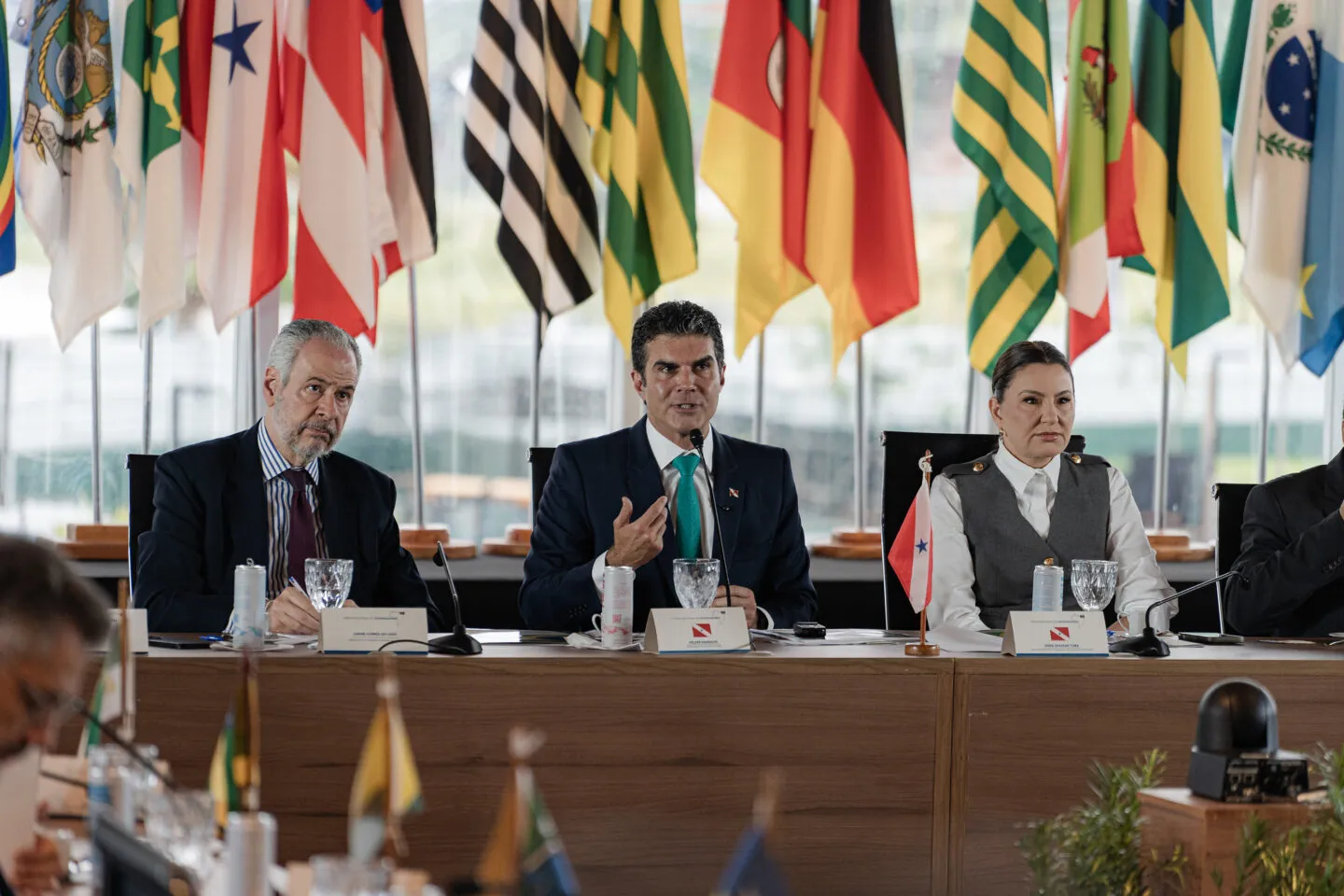
By Jeff Kapembwa
The oncoming climate conferences in the fourth quarter this year, is a test case for campaigners to prove their unwavering determination to actualize their lobby for sustained financing to fight the crisis afflicting the planet.
Ethiopia-co-hosting the second Africa Climate Summit (ACS2) and the Climate Week of 2025 in Addis Ababa, in collaboration with the African Union Commission from September 5–10, 2025 themed: “Accelerating Global Climate Solutions: Financing for Africa’s Resilient and Green Development”.
It is hoped, the annual event to be held at the Addis International Convention Center (AICC) will build up the gains made to push climate finance to an average US$300 billion, though Africa and other Least Developed Countries are denied the privilege.
The event will focus on showcasing Africa-led climate solutions, mobilizing climate finance, and advancing nature-based and technological solutions for a green and prosperous future.
According the programme, the event will embrace and seek to devise Africa-Led Climate Solutions. It will seek to highlight proven solutions from within the continent, such as reforestation efforts.
Arguably, the African summit will strive to facilitate a for Development agenda and seek to shift from aid to investment and mobilizing the finance needed for climate resilience and green growth.
It will endeavor to promote and Nature-Based and Technological Solutions through the promotion of renewable energy, e-mobility, sustainable food systems, and technological innovation.
The climate campaigners will strive to promote adaptation and resilience approach and will seek to addressing Africa’s climate risks and showcasing scalable responses to climate change impacts.
Its significance, according to a tentative programme is for the African summit to seek to redefine Africa’s climate agenda and aspirations for a resilient and prosperous future, guided by Agenda 2063.
It serves as a crucial platform for African leadership to shape fair, practical, and global climate actions and to present a unified African voice for upcoming international climate negotiations.
Preparations for the Brazil summit has been hit by squabbles and concerns over accommodation-bed spaces-expected to cost an average US4100-300/night while some countries with huge delegations, chiefly from the Least Developed Countries have to trim numbers.
The prices for accommodation are expected to range from around $100-$220 per night for developing countries on a special booking platform to potentially thousands of dollars per night for other attendees on the private market, with official cruise ship bookings offering 6,000 beds at various rates.
The situation has been marked by price gouging, leading the Brazilian government to secure cruise ships and launch a booking platform to try and stabilize prices, but some high costs remain on the private market.
A UN survey shows a majority of nations had yet to book hotels in Belém due to high costs, raising concerns about lower participation at the climate summit.
Pará state governor Helder Barbalho and COP30 president André Corrêa do Lago at a meeting with Brazilian state governors about the UN summit to be held in Belem in November, have expressed concern at the problems that might envelop and overshadow the conference if not resolved.
